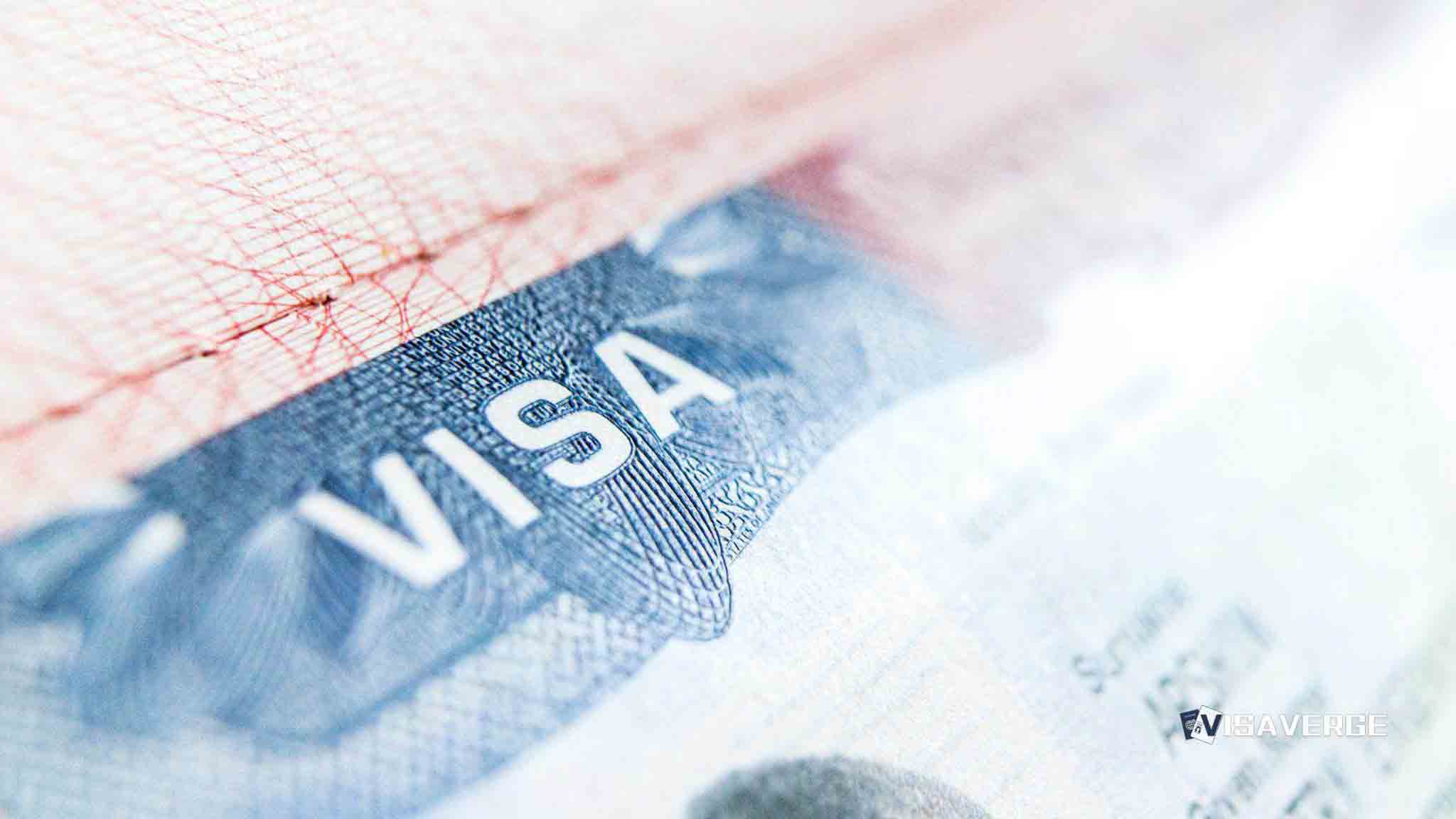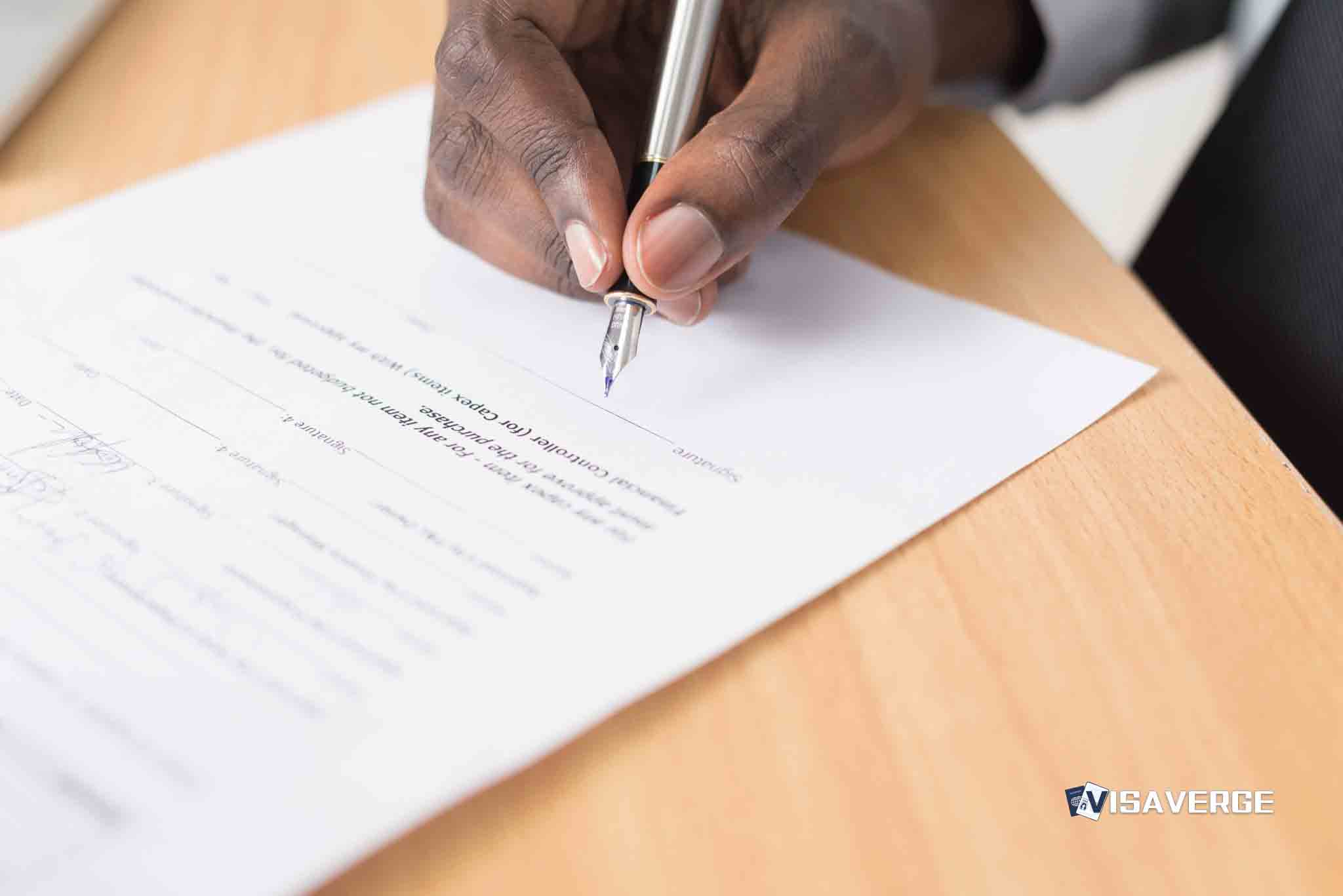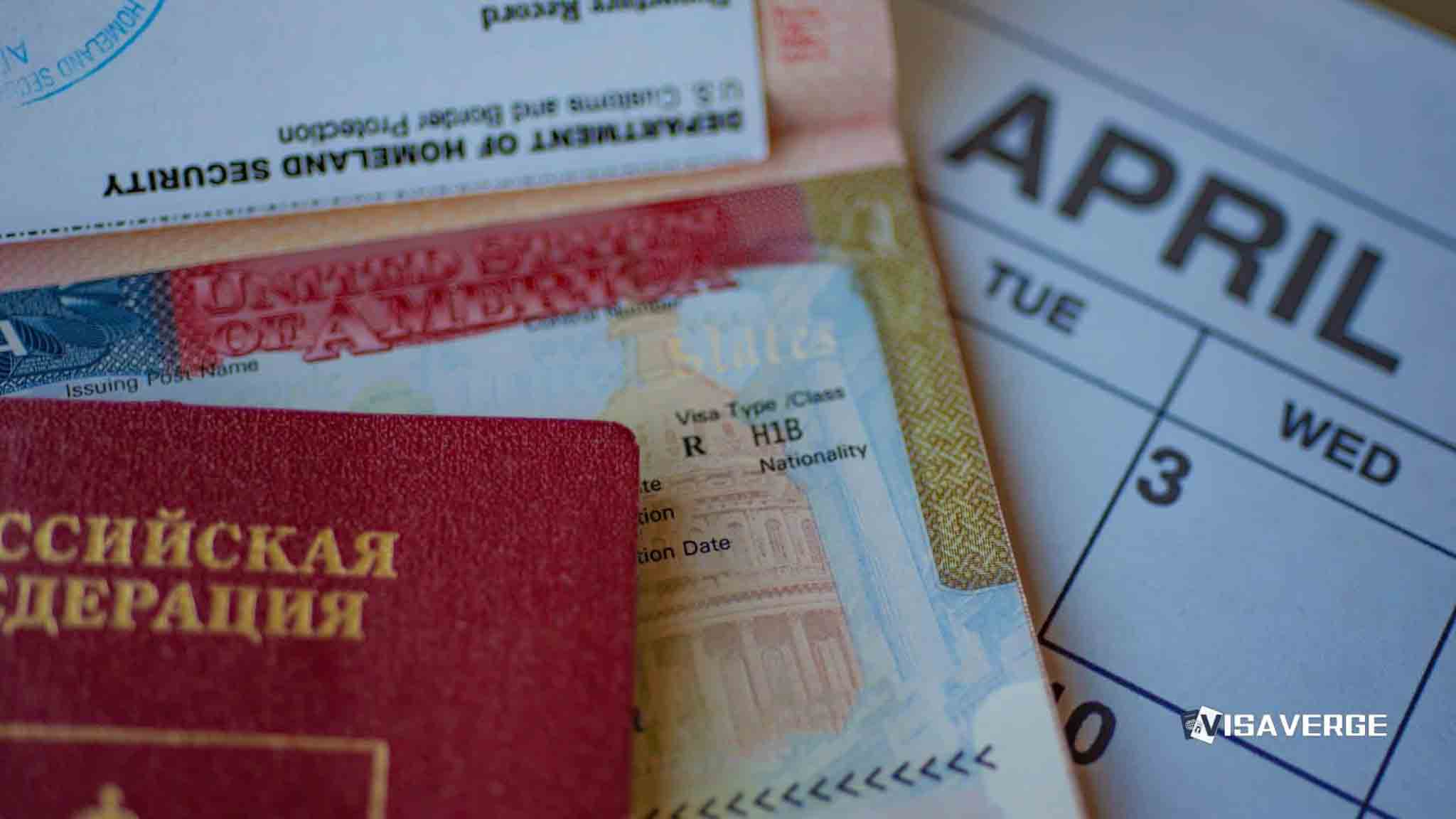(OKLAHOMA CITY, OKLAHOMA) Federal immigration officers detained an Iranian-born assistant professor with a valid H-1B visa at Oklahoma City’s main airport, holding him in custody for three days in a case that has alarmed scholars across the United States 🇺🇸 and raised fresh questions about how ICE treats legally employed foreign academics.
What happened

Dr. Vahid Abedini, an assistant professor of Iranian Studies at the University of Oklahoma, was stopped by immigration officials on Saturday, November 23, 2025, at Will Rogers World Airport in Oklahoma City. He was on his way to Washington, D.C., to attend the annual Middle East Studies Association (MESA) conference when ICE officers detained him despite his valid work status.
He remained in federal custody until his release on Monday night, November 25, 2025, after three days of detention.
Visa status and departmental response
Colleagues say Abedini had followed all required rules for his H-1B visa, the main U.S. work visa for people in “specialty occupations,” which includes university professors and researchers.
- Joshua Landis, department chair and director of the University of Oklahoma’s Middle East Studies program, described the detention as wrongful, noting Abedini had done everything “by the book.”
- Landis argued that Abedini’s legal status should have protected him from being treated like someone in violation of immigration law.
Federal response and legal questions
The Department of Homeland Security (DHS), which oversees ICE, has offered little detail. DHS officials characterized the incident as “standard questioning,” a phrase that left many legal scholars uneasy.
- Tricia McLaughlin, DHS Assistant Secretary for Public Affairs, confirmed to The New York Times that the incident was treated as routine questioning, but did not explain why this “routine” required holding a university professor for three days.
- Some immigration experts warn that calling such prolonged detention “standard questioning” may cross legal lines, especially when a person already holds valid permission to live and work in the country.
Abedini’s background and work
Abedini was born in Iran 🇮🇷 and holds a doctorate from Florida International University. He had recently joined the University of Oklahoma after serving as a visiting assistant professor at the University of Arkansas.
At Oklahoma, he teaches courses on:
- Global oil politics
- Political economy of development
Colleagues say his work helps students understand how Middle Eastern politics and global oil markets shape life in the United States and abroad.
H-1B transfer and immigration complexities
At the time of detention, Abedini’s H-1B visa was reportedly in the process of being transferred from his previous employer to the University of Oklahoma.
- Lawyers say an H-1B transfer is a routine step when an H-1B worker changes jobs and, when correctly handled, does not create a legal gap in status.
- According to analysis by VisaVerge.com, delays and confusion during such transfers can sometimes expose workers to extra questioning at airports, but a three-day hold for someone with proper documents is highly unusual.
Transparency and campus reaction
The case spread quickly through academic networks as colleagues struggled to find out where Abedini was being held.
- ICE’s online detainee locator listed him as in federal custody, with his place of birth noted as Iran, but did not disclose his exact detention location.
- That lack of transparency added to anxiety among friends and co-workers trying to check on his safety and secure legal help.
- A close friend later reported Abedini was in good spirits and had access to basic necessities while detained, though many remained angered and unsettled by the detention itself.
Statements from associations and broader concerns
- MESA, whose conference Abedini was attempting to attend, issued a statement expressing deep concern and warned that detentions like this can have a chilling effect on foreign scholars.
- For professors on H-1B visas, conferences are central to career growth, research sharing, and academic freedom — not optional travel.
Scholars stressed that Abedini’s detention sends a message beyond one individual. Many foreign academics already feel on edge due to tighter immigration rules and more aggressive enforcement. When a legally employed professor can be taken into ICE custody at an airport in the state where he teaches, colleagues said it raises fears that no amount of paperwork can fully protect them.
Context: enforcement policies and detention capacity
The timing fits into a broader pattern of expanded immigration enforcement under President Trump’s administration:
- The federal government invested billions to expand ICE’s detention capacity and deportation operations.
- The administration pushed to hire 10,000 new deportation officers and increase detention beds to nearly 100,000, according to officials.
Supporters argued these steps strengthened law enforcement. Critics argued they encouraged overreach and swept in people who were not threats and had legal status, including students and university staff.
Concerns about bias and airport authority
Abedini’s detention highlights how much discretion frontline officers have at airports. DHS called the stop normal questioning but has not given specific reasons for pulling him aside as he tried to board a flight.
- Without details, civil liberties groups say it is difficult to rule out bias.
- There are concerns that an Iranian-born scholar of Middle East politics may have faced extra scrutiny because of nationality and research field, although no evidence of wrongdoing has been presented.
Practical takeaways for scholars on H-1B visas
Legal and academic leaders recommend carrying thorough documentation when traveling:
- Proof of current employment
- Any paperwork showing a pending transfer between universities
Official information about H-1B rules and employer responsibilities is available on the U.S. Citizenship and Immigration Services site at USCIS H-1B Specialty Occupations.
For many academics, however, no amount of printed rules will fully calm the fear created when a colleague disappears into ICE custody for days.
Timeline (concise)
| Date | Event |
|---|---|
| Nov 23, 2025 | Detained at Will Rogers World Airport while en route to MESA conference |
| Nov 23–25, 2025 | Held in federal custody for three days |
| Nov 25, 2025 | Released Monday night and returned to Oklahoma |
Current status and unresolved questions
As of the latest reports from friends and colleagues, Abedini has returned to his life in Oklahoma. Nevertheless, the case leaves outstanding questions:
- Why was he detained for three days despite valid status?
- What specific concerns, if any, prompted agents to detain him?
- How can universities and foreign scholars better protect themselves and respond quickly when similar incidents occur?
These unresolved issues continue to worry many foreign scholars who wonder whether their legal status would protect them if they were stopped at the airport.
Dr. Vahid Abedini, an Iranian-born assistant professor at the University of Oklahoma, was detained by ICE at Will Rogers World Airport on Nov. 23, 2025, while traveling to a conference. Although he held a valid H-1B visa undergoing a routine transfer, he spent three days in federal custody and was released Nov. 25. DHS called the encounter “standard questioning.” The detention prompted alarm among scholars, raising concerns about transparency, possible bias, and the impact of enforcement on legally employed foreign academics.













